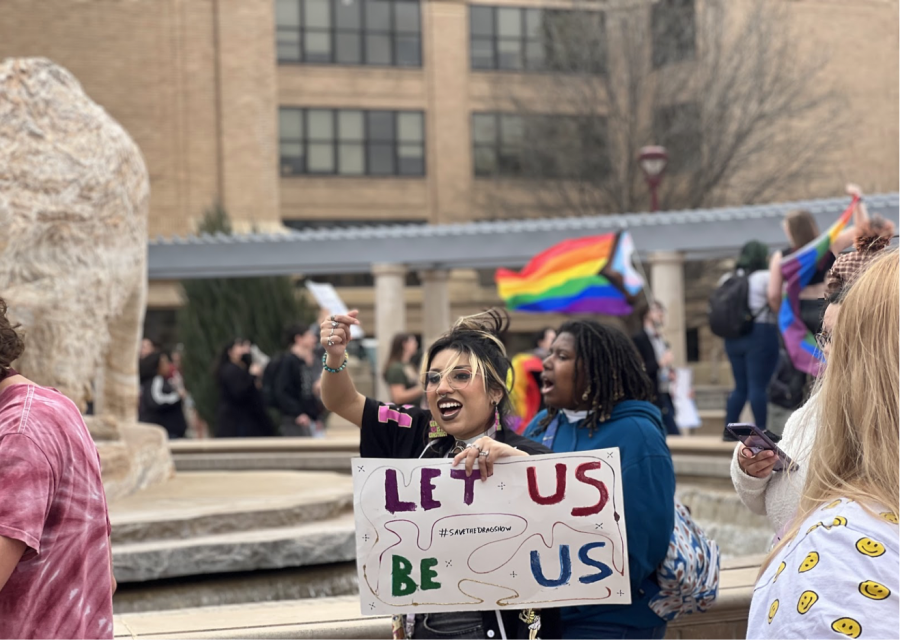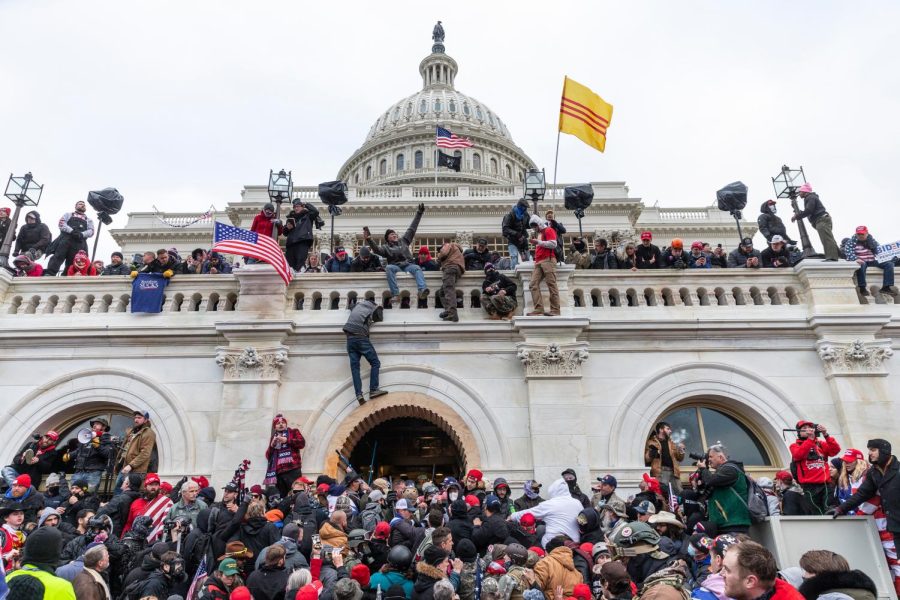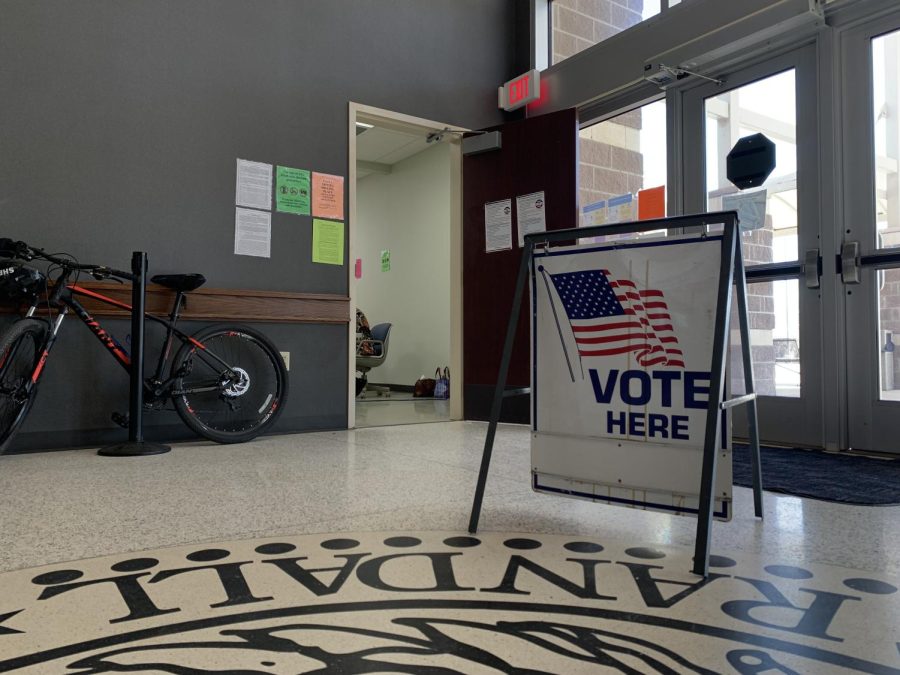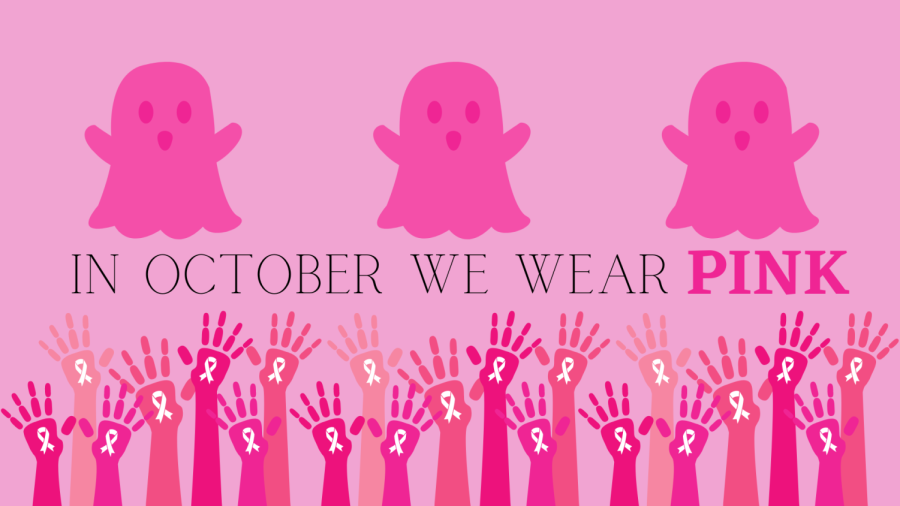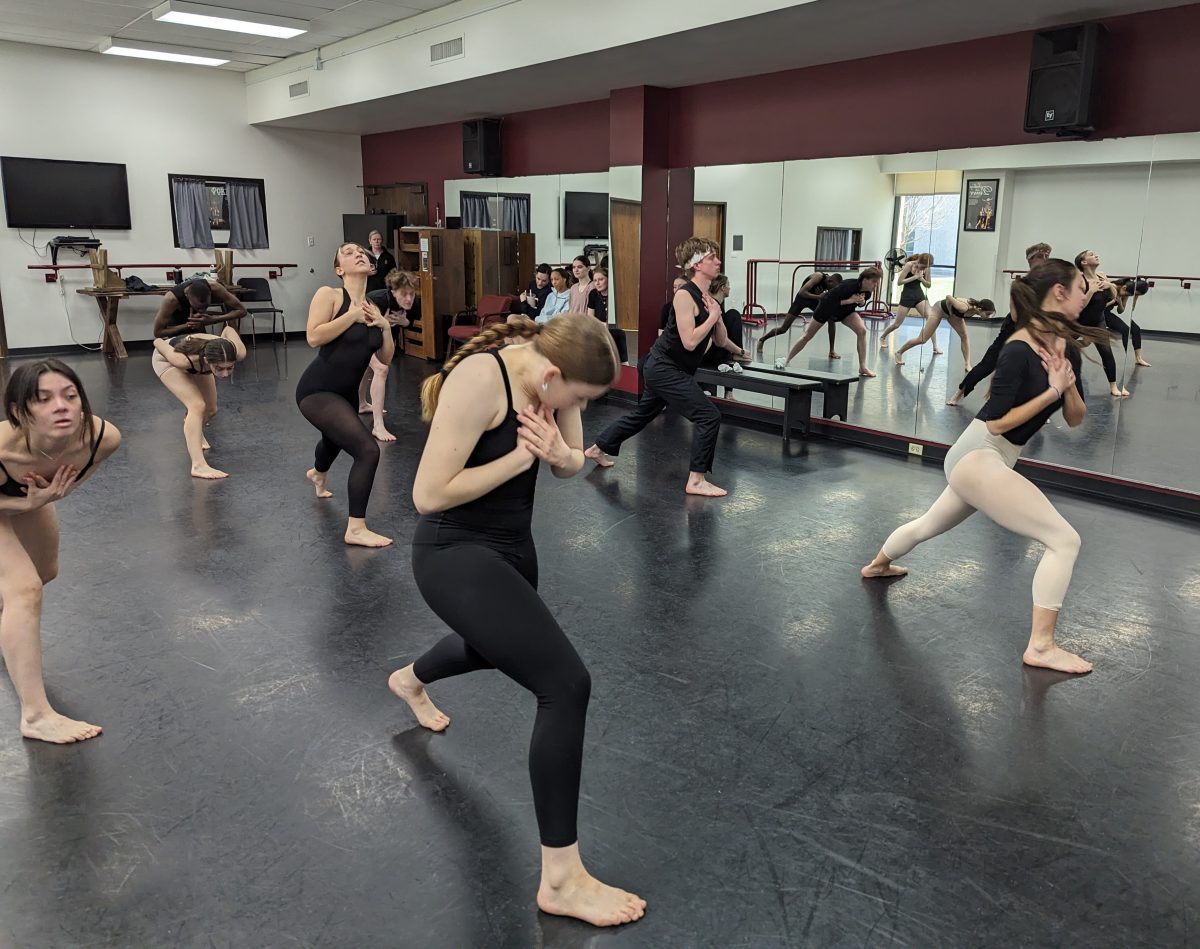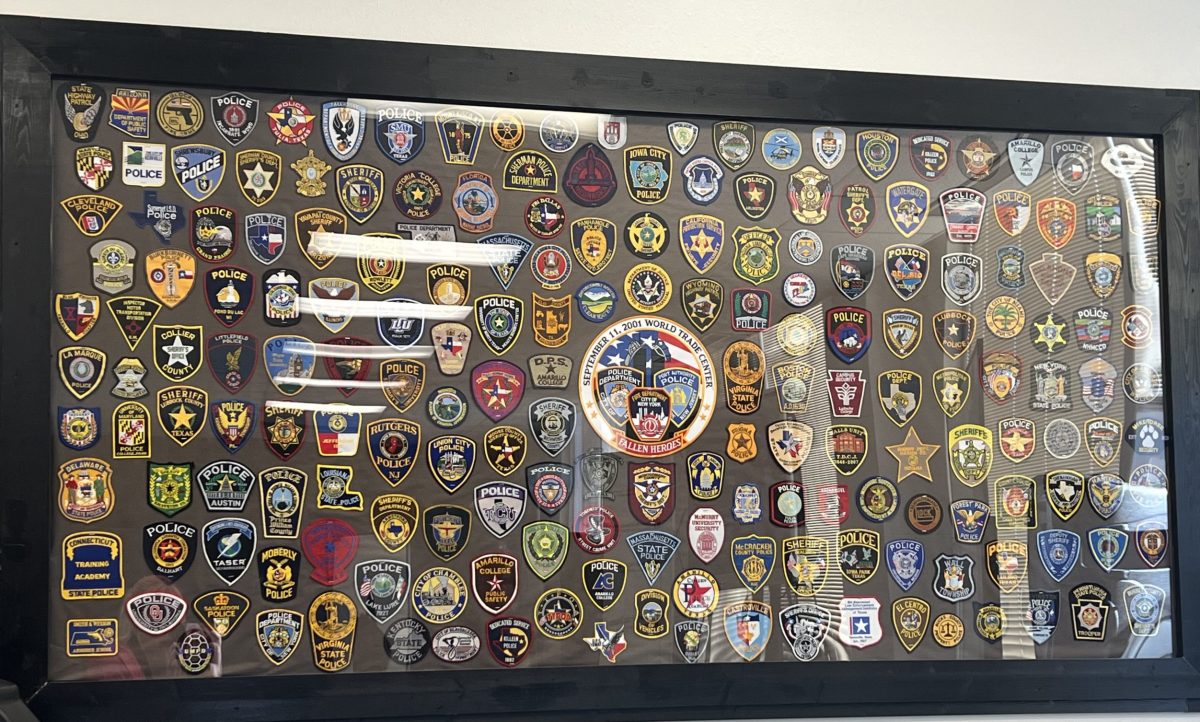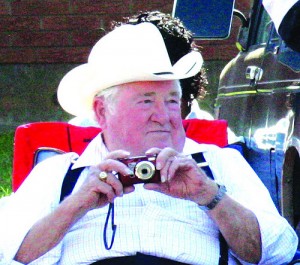
On Dec. 7, 1941, the radio, the communication tool of the time, blasted away to the enjoyment of a group of girls driving down the main street of their Panhandle hometown.
Juanita Brown, a high school freshman in Groom, Texas, loved it when her grandmother let her borrow the car. Then, the news alert broke the radio waves.
“We didn’t understand what it meant when it was announced that Pearl Harbor had been attacked, but almost instantly everything changed,” Brown said.
Most people know what happened on Dec. 7, 1941. Their history teachers have taught them that Japanese forces bombed the U.S. naval base at Pearl Harbor, Hawaii. Yet, for people like former WT student, Brown and Ed Musser of Canyon, this moment could never mark just another day.
“I remember hearing about the attack while playing in the backyard, and it was just a shock,” Musser said. “We’d heard rumblings about Germany, but not Japan.”
While Musser was only 10 at the time and never fully absorbed what this day meant until he was older, he knew from the way his parents acted that things were different.
“After that day, anytime the radio was on, everyone had to be quiet and listen,” Musser said of his family who at that time lived in Bacon Switch, Texas, near Wichita Falls.
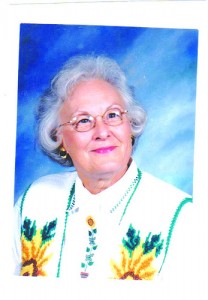
Musser and Brown were not alone, many Americans felt surprised, outraged, saddened and confused. The United States had been free of major conflicts since World War I. Combat had become a foreign affair. No one expected America to go to battle and few wanted to fight in the first place. This attitude changed quickly.
“It felt like everything we did, we had to think about how it helped the war effort.” Brown said.
The men left quickly after passing physicals, some without even being able to say good-bye to their families. The women, some for the first time, worked jobs outside of the home, Brown remembered. Rationing became a prominent concept: gas, sugar, and shoes became precious commodities.
“My grandpa made his own leather boots, and he would give me his shoe stamps.” Brown said, explaining how she got past the shoe rationing.
Restrictions even dictated how citizens could use these materials. One such limitation was the 35-miles-per-hour highway speed limit.
Musser also went through hard times as older friends and relations left for the draft. Even his father took a civilian assignment in Hawaii, cleaning up the Pearl Harbor wreckage. His mother, brother and sisters’ only contact with him existed in letters that took weeks to arrive.
Now, Brown and Musser, like the friends and family they remember, share in a victory, hard fought and long remembered. Pearl Harbor in 1941 represented an attack against the American way of life. Today, Pearl Harbor is a reminder of the hard fought victory of World War II and the lives lost in the pursuit of peace.




